Reflections on My Divorce Journey
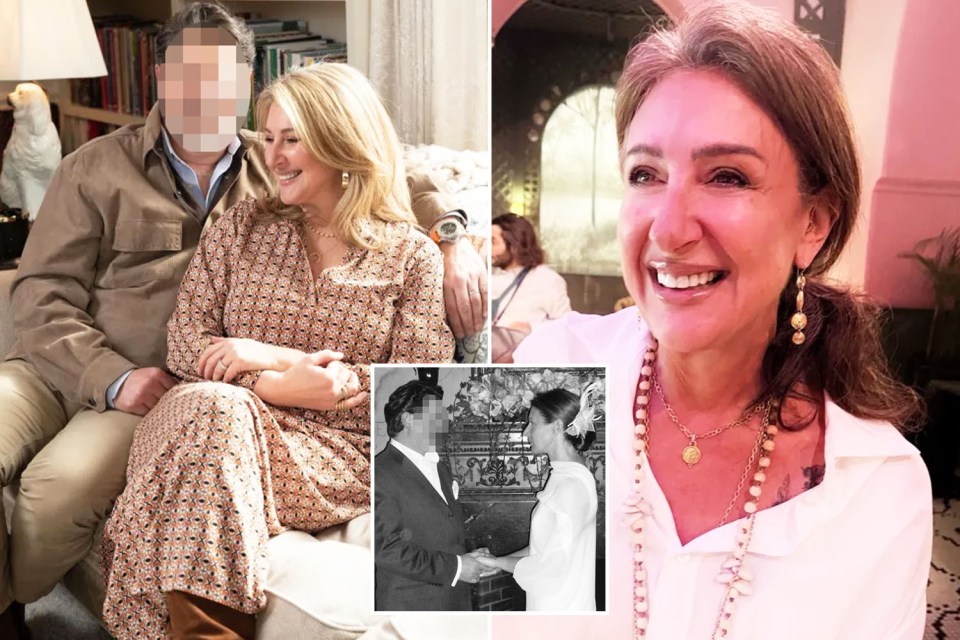
When I made the difficult decision to leave my marriage, I was convinced that all the blame lay squarely on my husband’s shoulders. At 55, the prospect of starting over felt daunting, but I believed I had no other choice. I was certain that the collapse of our marriage was entirely his fault. However, in a candid moment of introspection, I’ve come to realize that the responsibility was mine as well.
In the wake of our separation, I was consumed by feelings of sadness and blame. I truly believed that if only he had been different, we would still be together. Divorce is an excruciating experience, one that can tear apart the fabric of a family. We promised to remain friends and to maintain a sense of togetherness, still celebrating holidays and special occasions as a family. Yet, as time passed and we grappled with issues like finances and what we each felt we deserved, our situation became increasingly complicated.
After I left, we chose to navigate our divorce through Zoom mediation rather than litigation, a decision made to avoid the exorbitant costs and potential animosity that would likely arise from a courtroom battle. Still, the process was challenging. Long-standing grievances surfaced during those video calls, and we often snapped at each other, holding back the hurtful words that lingered in our minds. Once spoken, those words could never be taken back.
Despite my desire to approach the divorce as amicably as possible, the pain and grief we both felt were evident on our faces. During our Zoom sessions, there were times when I found it so difficult to see him that I would cover his face with a Post-it note. I was firmly convinced that the disintegration of our marriage was entirely his fault.
However, now, nearly six months after our divorce was finalized, something curious has occurred. I’ve come to the realization that I share a significant portion of the blame.
Like many women raised in the Seventies, I was conditioned to be a people-pleaser. My upbringing lacked the nurturing that many children today receive. During summer vacations and weekends, we were sent outside in the morning with little regard for our return until supper. My parents weren’t particularly interested in our lives. Good behavior was rewarded, but if I ever showed a hint of discontent, the narrative quickly turned to “Jane is difficult” or “She’s moody.”
From a young age, I learned to gauge the mood of my household. If my mother was cheerful, all was well, and I felt at ease. Conversely, if she was in a sour mood, I felt the tension and learned to tiptoe around her, trying my best to avoid any potential explosions. It was a similar dynamic with my father. I would contort myself to maintain peace, fearing that standing up for myself would only lead to conflict.
Understanding the Impact of People-Pleasing

As I matured, my relationship with my parents evolved, and we grew to be a close-knit family. However, the early years were fraught with difficulty. What I didn’t realize at the time was that I was being unconsciously molded into a people-pleaser. The alternative—asserting myself—often resulted in anger, leading me to suppress my own needs and desires.
This pivotal realization about my marriage struck me hard. As long as I continued to point fingers at my husband for the failure of our relationship, I would remain stagnant, likely repeating the same patterns in future relationships. The end of a marriage is rarely the fault of just one person; it’s a complex dance involving both partners.
If I wanted to heal and, more importantly, avoid repeating the same mistakes, I had to confront my own role in the dynamic. I quickly recognized that my inability to advocate for myself stemmed from a deep-seated fear of abandonment. So, instead of expressing my feelings, I chose silence, which ultimately drained me and widened the gap between my husband and me.
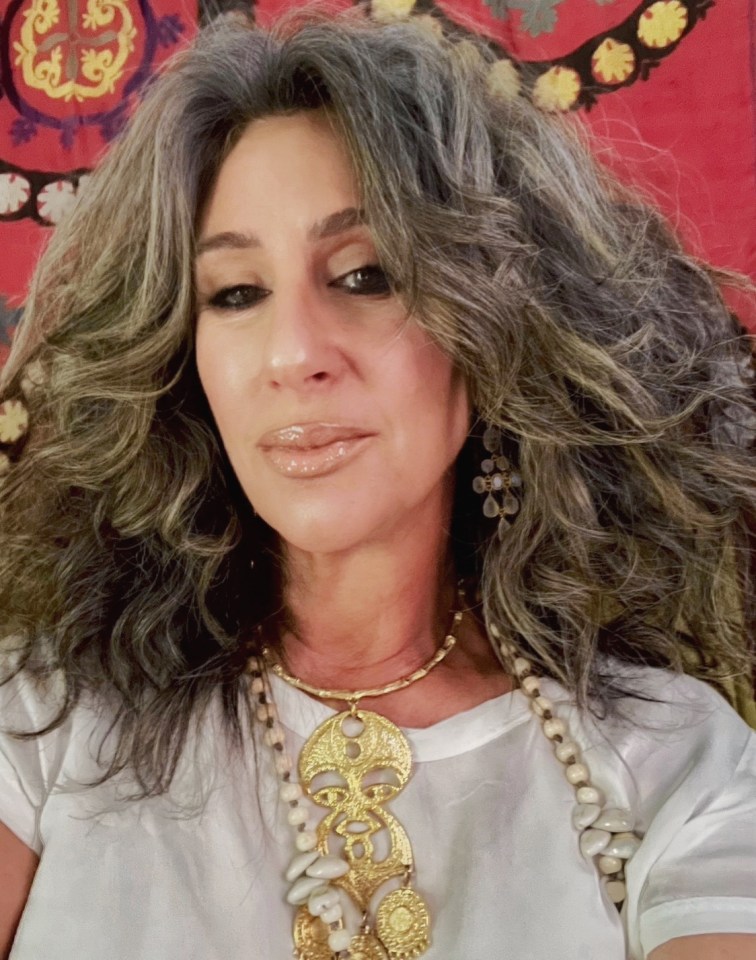
Exploring Boundaries
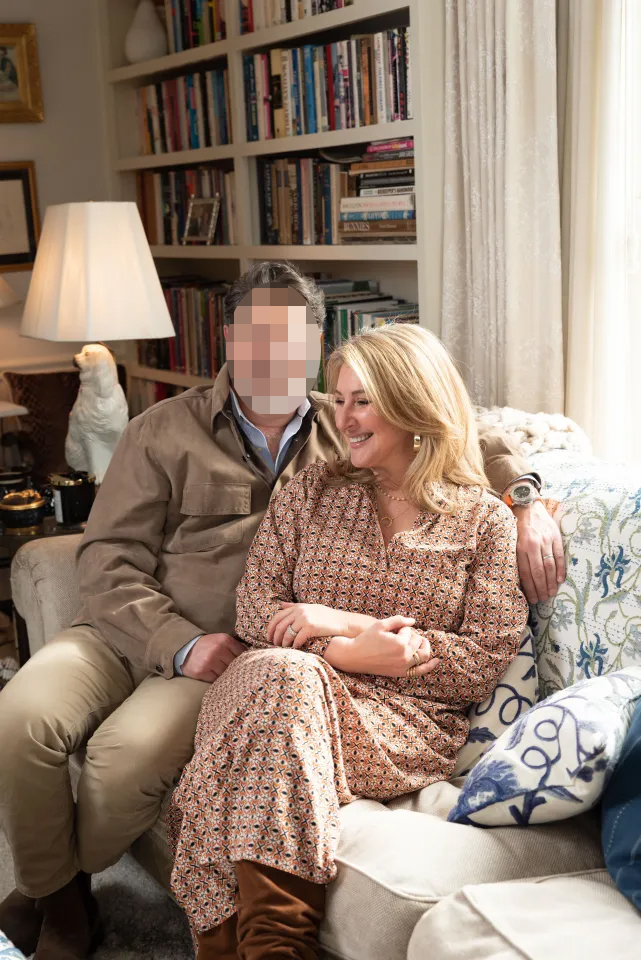
Today, boundaries are frequently discussed, emphasizing the importance of communicating what we will and will not tolerate. However, I grew up in an environment where my boundaries were often disregarded, leading me to believe that my needs were unimportant. My husband, also a people-pleaser, frequently agreed to things to keep the peace. This dynamic caused friction, especially during times of stress, like when he lost his job and we faced financial challenges.
As we began to consider downsizing our home—one I cherished and that was filled with laughter and love—I felt my resentment grow. I often suppressed my feelings, avoiding conversations about my discomfort, which only served to push us further apart. Each time I agreed to something I didn’t want, I was building a wall of resentment between us.
When we eventually had a confrontation, I knew it was the breaking point. In tears, I packed my bags and left. The grief was overwhelming, but with the support of a therapist, I began to engage in the difficult work of self-reflection, examining how my actions contributed to the collapse of my marriage.
While my husband brought his own challenges to our relationship, I ultimately recognized that my failure to articulate my needs and stand firm on what mattered to me was detrimental. I had stifled my own voice until it became unbearable. In the early stages, it was easy to blame my husband, but I now see that the truth is far more nuanced. I silenced my own voice, recreated my childhood home within my marriage, and then pointed the finger at him.
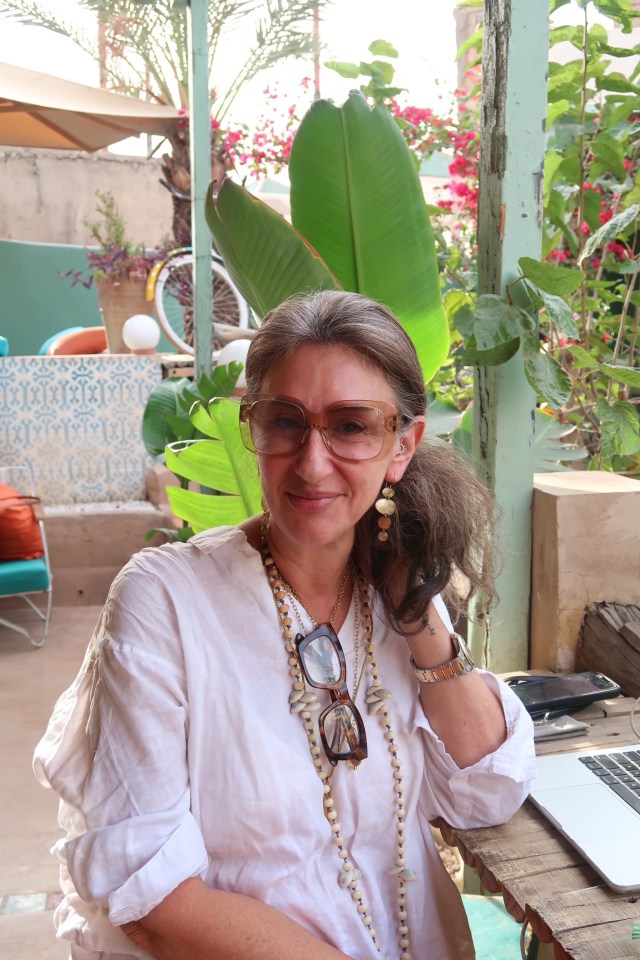
Signs of a Failing Relationship
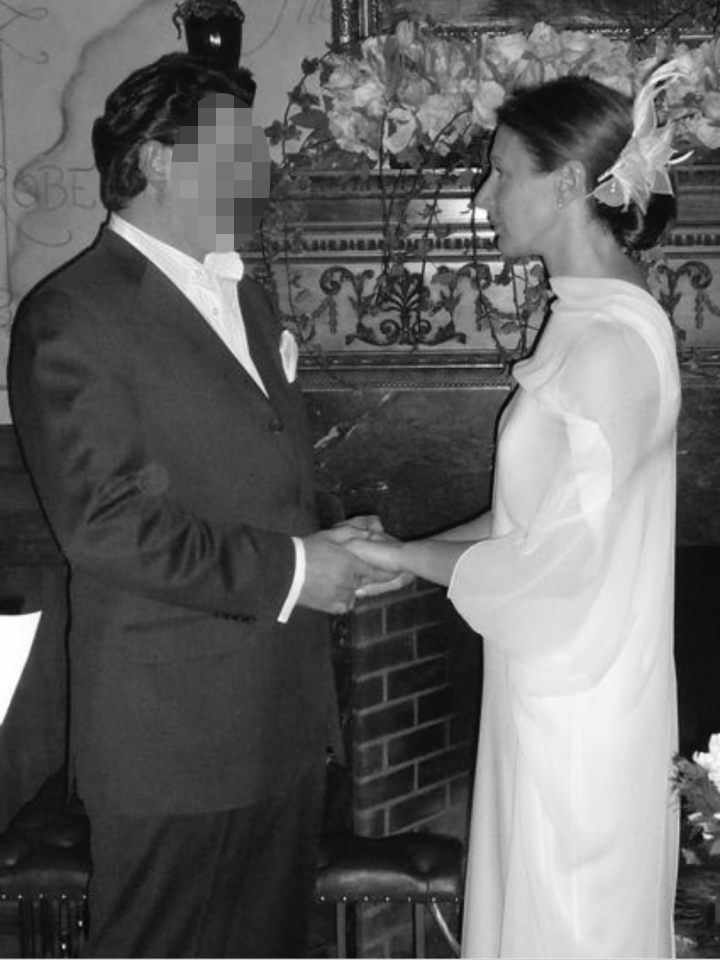
According to psychologist Emma Kenny, there are subtle indicators that a relationship may be heading toward divorce. While these signs aren’t definitive, recognizing them can prompt important conversations with a trusted friend or a therapist:
- The Passive-Aggressive Coffee Cup: If making coffee for one another, a once-cherished gesture, has turned into a solitary activity, it may signal brewing resentment.
- The Duvet Tug-of-War: If sharing a bed feels more like a nightly battle for space, it may hint at deeper relational issues.
- You Laugh At, Not With: When humor turns sharp and barbed, it can indicate underlying frustration rather than shared joy.
- The Deafening Silence: An absence of laughter and chatter can signify emotional distance, suggesting that resentment or apathy has settled in.
Now, as I venture into the dating world again, my approach has transformed entirely. I’m learning to identify red flags early on. I’m becoming more assertive about my needs and if they go unmet, I gracefully part ways. Dating apps have also taught me valuable lessons in self-advocacy. Recently, I asked someone not to refer to me as “darling.” On another date, sensing a lack of chemistry, I expressed my desire not to be kissed. When he disregarded my request, I made it clear that such behavior was a dealbreaker.
While I’m uncertain if I will ever marry again, I am resolute in my commitment to not be a people-pleaser in my next relationship. I will ensure that my voice is heard and my needs are respected.